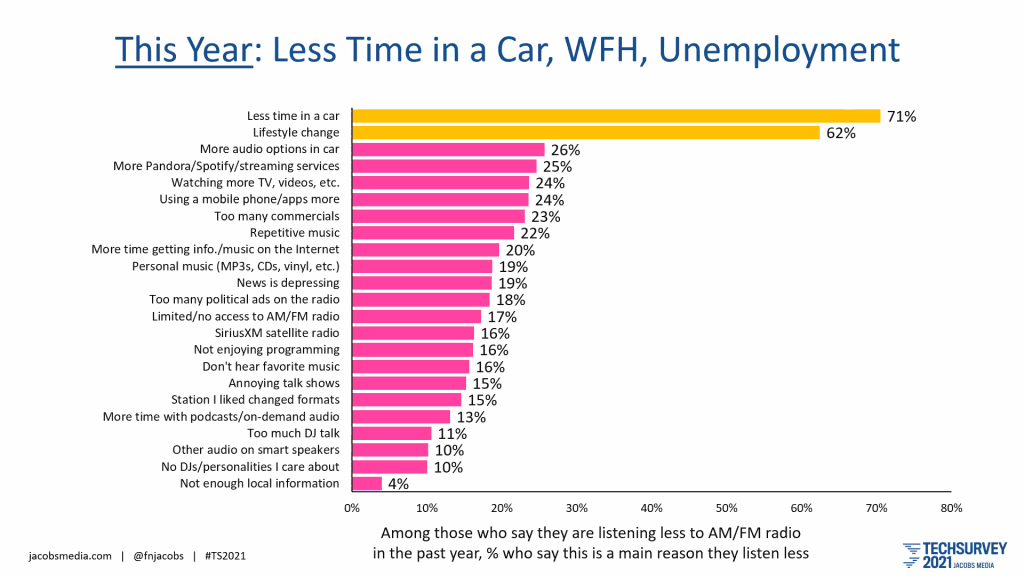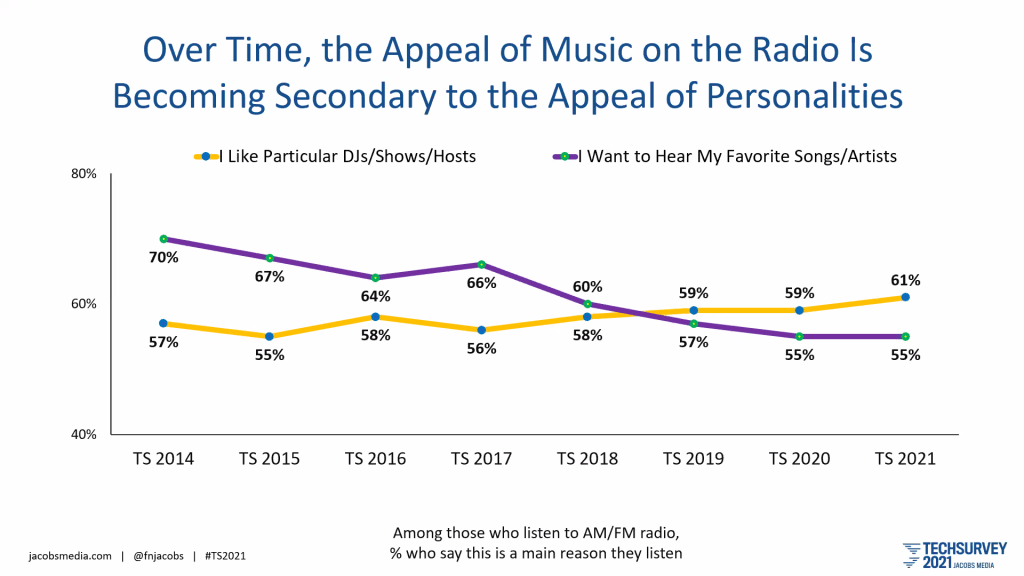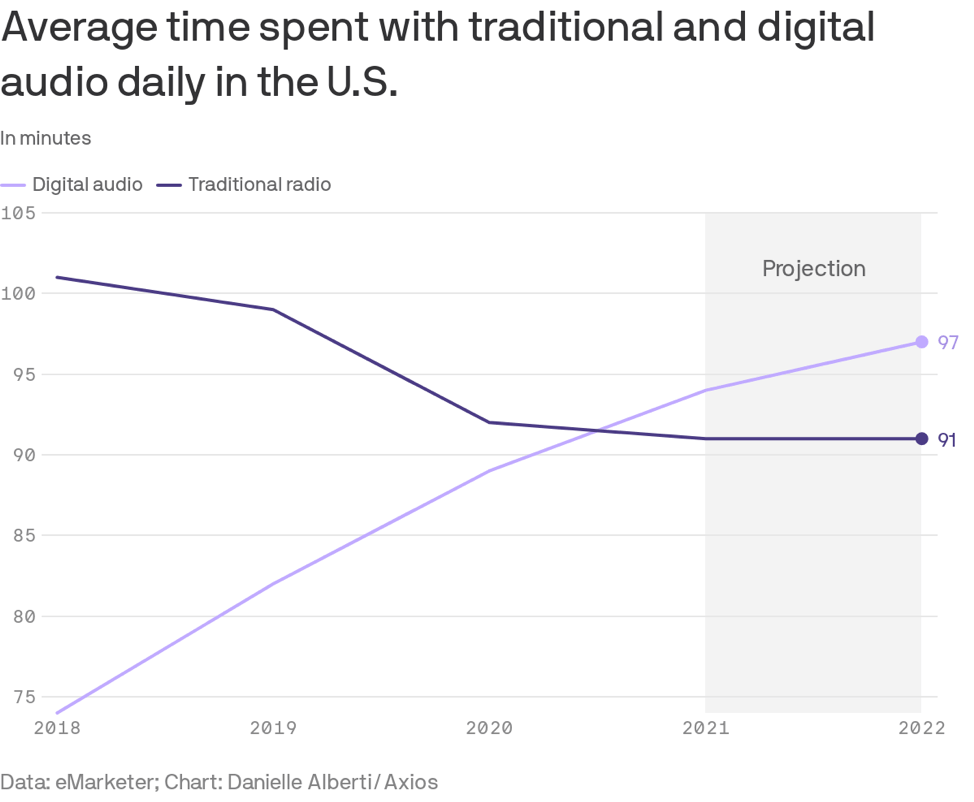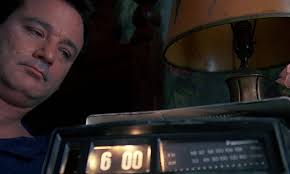For 51 weeks out of the calendar year Dick employs his magic pen, using words to bring you his ideas, as well as the latest statistics and always a bit of history on where radio is charting it’s next course, putting together a verbal sound to the industries current color and posture.
I journey with this incredible man weekly, suggesting commas, periods, paragraphs, and sometimes a different word or two to give a new perspective to the blog’s overall composition.
For the second year, Dick has asked me to use his Dias and share my perspective of the most important of all holy days, the Easter season.
My story is very simple; “I have chosen” to be a part of a strong and quiet faith, a faith that has been extensively and greatly tested, but never ever has it faltered.
In my life time I have not known one person that has not muddled their way through pain and the many tall dark cavernous mountain ranges that accompanies these eventual wounds, climbing steep and jagged cliffs with enormous slippery boulders, which always lead to the end result, of being able to overlook the waters of the calm sea.
In the last 100+ years this country went through two World Wars, the 1918 flu pandemic, as well as the Great Depression consuming the world of our parents and grandparents. But as we look at those bolded words on paper- they literally mean nothing to us, it’s just history.
Now on the other hand, looking at our past year, and the chaotic toxic moments that we’ve lived, “this too is history,” history for future generations to read. So, through this…
What Have We Learned
Every one of us has experienced the fall into Alice’s “rabbit hole.” Covid, nasty politics, a contentious election, needless shootings, drug wars, all leading to provoked anger, outraged anger and even a milder form of pacified anger.
Neighbor pitted against neighbor, battling over whose point of view was right, some to the point of losing a family member or a dear friendship. And in the final analysis we all are no better than the story that made up the Wild Wild West.
When one chooses to walk on this dark side, (and yes, it is a choice) can you honestly say that you are living the 11th commandment,
“That you love one another, even as Christ has loved you.”
John 15:12
Instead of implementing simple words such as, “we agree to disagree. We chose to listen to needless gossiping, encourage bullying by making fun of the other for wearing or not wearing a mask, or voting for someone different than your agenda, downgrading the other and enforcing your righteous ways by making the other see ‘your’ mindset.
Helen Keller, the amazing women that lived in darkness all of her life, never had the time to be mean, and focused her attentions on the positive, sharing a quote with us;
“The best and most beautiful things in the world cannot be seen or even touched;
they must be felt with the heart.”
Now with all this, you are probably bored with these endless words of a Pollyanna, but this is where my story turns.
Lessons Learned
Here we are, the stormy waters of 2020 are starting to subside and we are now skimming the surface of these waters. You won’t remember how you made it through and in a few years your version of this history won’t even be close to the real truth, but, you managed to survive, some have not, and for some that storm will never be over. But one thing is for certain, when you do completely emerge, you will not be the same person who walked in. That’s what a storm is all about. This is also a definition of Grief. Everything is different, everything will be different, and it’s okay.
“No winter lasts forever; and no spring skips it’s turn”
–Hal Borland
The very first Easter showed us that Life never ends, and Love never dies.
Making the greatest gift of Easter — hope, renewal and new life
Last May, Dick and I changed our life style, definitely not because we wanted to but because we had to. We are older, retired and not of the mindset to want anything different – same, same worked for us. We definitely had to WORK at change, mentally and physically, but we worked at it together, in very small doses. After a lot of fussing, we realized that we only needed to make two changes, that being the elimination of starches from our diet and walking 2.5 to 5 miles a day. This change has paid off, as we are each both down numerous pounds and have tremendous energy.
The reason I mention this gets back to the content of the article.
One Can Change, If One WANTS To
You’re not going to change the world, that’s literally impossible, but you can change you – work at being that walking lesson, be silent in your beliefs, but be full of Love for anyone and everyone. As we now step to the different version of pre-covid, you have an end result in your possession, seeing that new as “HOPE”.
Let’s look at our neighbor, our co-worker, a great uncle, homeless person, mentally challenged individual, a person of different race, color or culture with a new quiet, peaceful silence, but also take the time to listen to them, they too have a story, there will always be greater and lesser persons than yourself, be at peace with God, but more importantly, keep peace with your soul.
Our warmest thoughts are being sent to you and your treasured family.
Happy Easter
Sue & Dick
Susan is a graduate of Concordia University with a degree in Family Life Education and is a Certified Grief Counselor. God joined us together in 2018.














